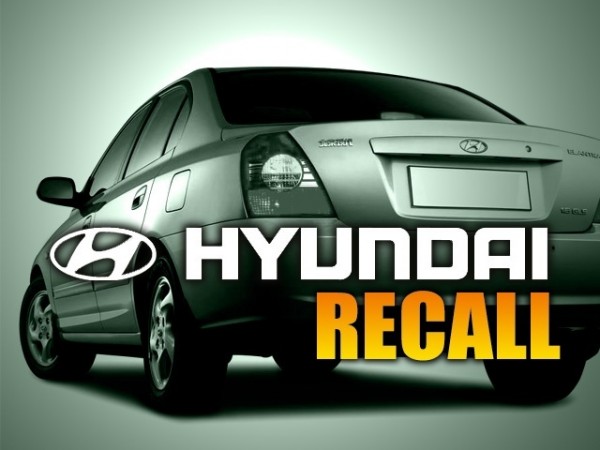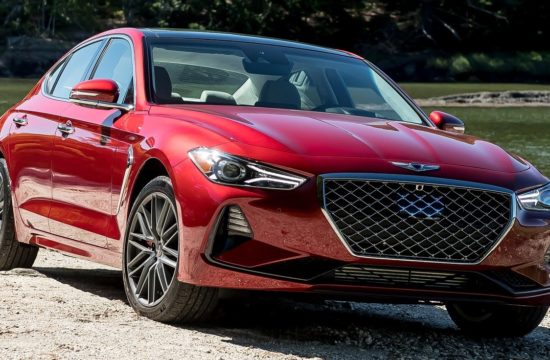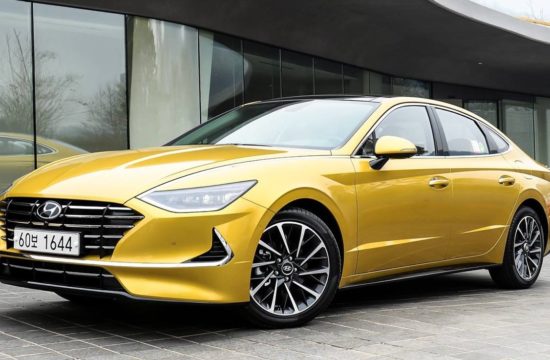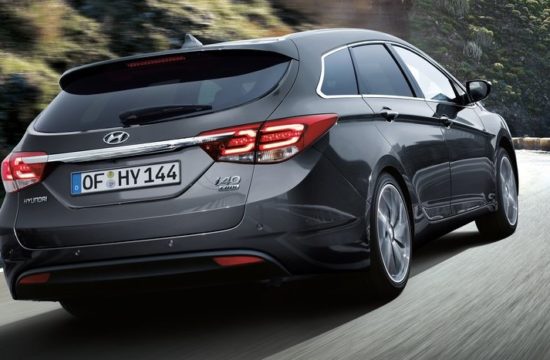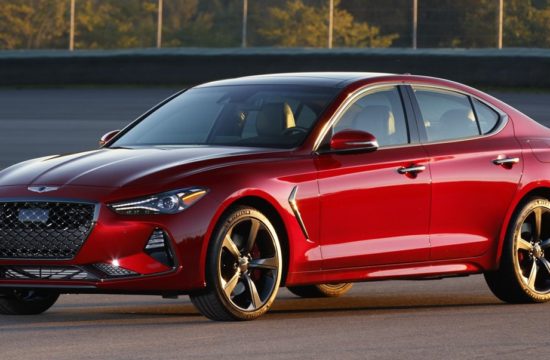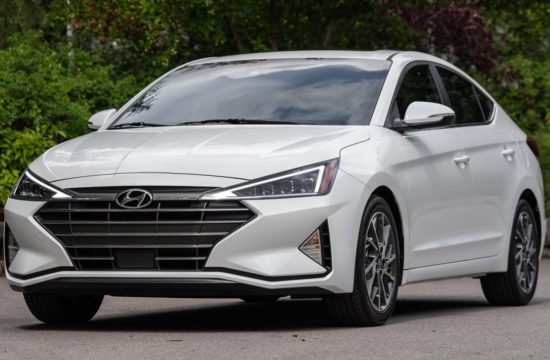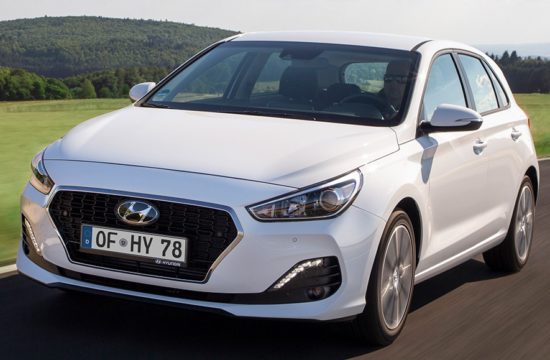The car company Hyundai already recently made the decision to recall approximately 27,500 cars in the United States due to brake problems. Now, just a short time after the United States government began investigating the brake problems, it has been reported that the recall is going to expand to other markets, including South Korea. The company reportedly made the decision to do the recall after further review of an investigation notice that came from the United States National Highway Traffic Safety Administration.
The Specific Cars That Were Recalled
Of note, all of the recalled cars were made between April 2008 and March 2012. According to a Hyundai spokesman, the company has sold 69,000 Genesis cars and approximately 60 percent of the cars have already been repaired as a result of a company service initiative that started in March 2013. This company service initiative was started with the intent to replace brake fluid in 60 percent of the affected cars that had been brought to Hyundai dealerships. Reportedly 40,000 cars were examined; however, after safety regulators in the United States did their investigation, Hyundai made the decision to recall the remainder of the cars.
Complaints About the Cars
In the investigation, it was found that the United States National Highway Traffic Safety Administration received various kinds of complaints about the cars. One driver, unable to use the car brakes, crashed into another vehicle. Another driver, unable to use the car brakes, had to use the emergency brake to stop, which caused the car to spin out of control. Another driver was driving only 30 mph when the brakes failed; this driver tried to pump the brakes but could not stop the car. Other drivers claimed they had problems with the antilock brake computer module.
Problems at Hyundai Dealerships
The reports of trouble even included alleged failures at Hyundai dealerships. For example, in one case a Hyundai owner’s car had been towed to a Hyundai dealership. At the dealership mechanics drained and replaced the brake fluid but the car owner continued to have concerns about the car’s safety. As a result, the manager at the dealership drove the car during that weekend in an attempt to find out if there were problems but found none. As a result, he told the car owner that the dealership was not going to replace any car parts.
Bad Timing
Experts do not believe that the present recall will significantly impact sales numbers. On the other hand, these problems have come at a bad time for Hyundai, namely because the company is still attempting to rebuild its reputation after the April 2013 recall that involved over two million cars. Experts believe that the current recall and its expansion into overseas markets such as Korea will not help matters.
Hyundai’s Efforts to Address Consumer Concerns
In the meantime, Hyundai has redoubled its efforts at its dealerships. Hyundai spokespersons insisted that the company would take care of its customers. Hyundai owners can bring their cars in immediately or they can wait until they are notified by mail. Car owners will have the opportunity to take their cars into Hyundai dealerships for brake inspections and brake fluid changes. It was reported that the new brake fluid being used will have a corrosion inhibitor additive to prevent gel from building up on valves in the braking system; this will reportedly inhibit loss of braking capacity which means that the car brakes are more likely to work well.
This article is written by Jared Miret, a father, auto aficionado and handyman. He is passionate about other consumers staying informed on current issues in the automotive industry. If you are looking to upgrade your transmission to the best, try 6l80e transmission modification from Circle D.

